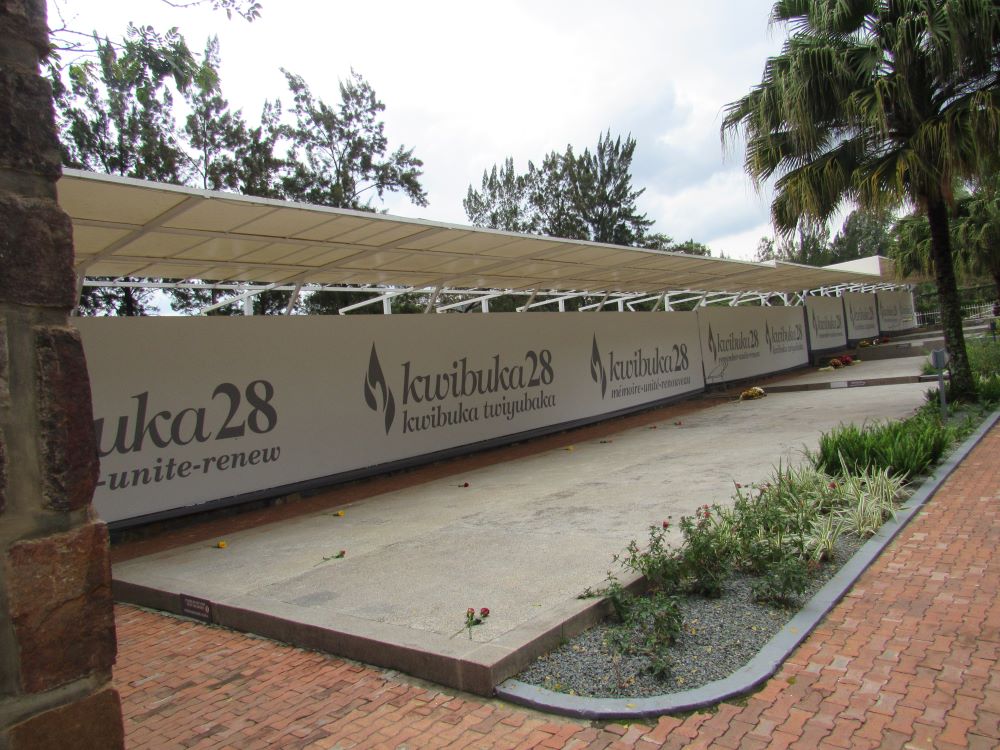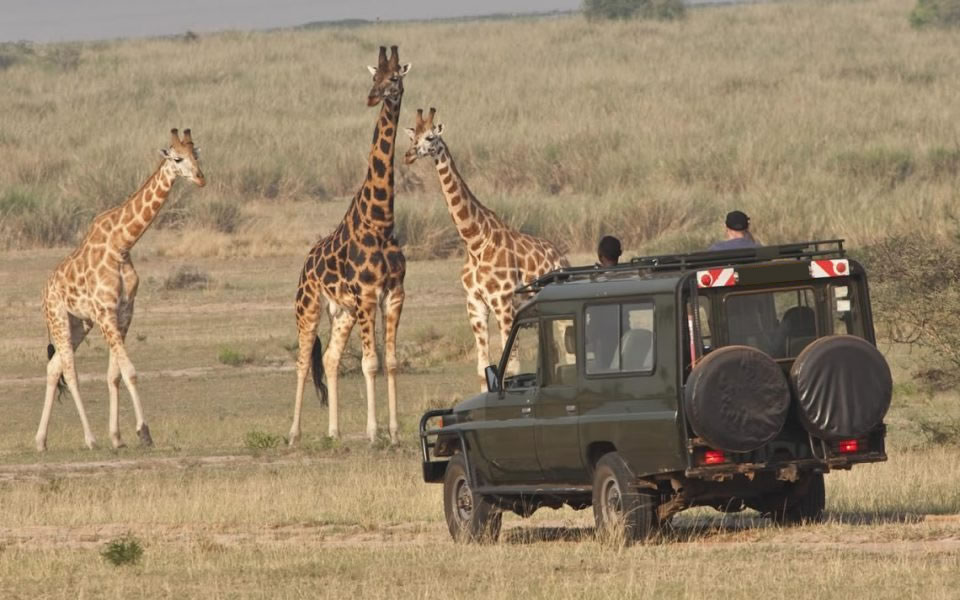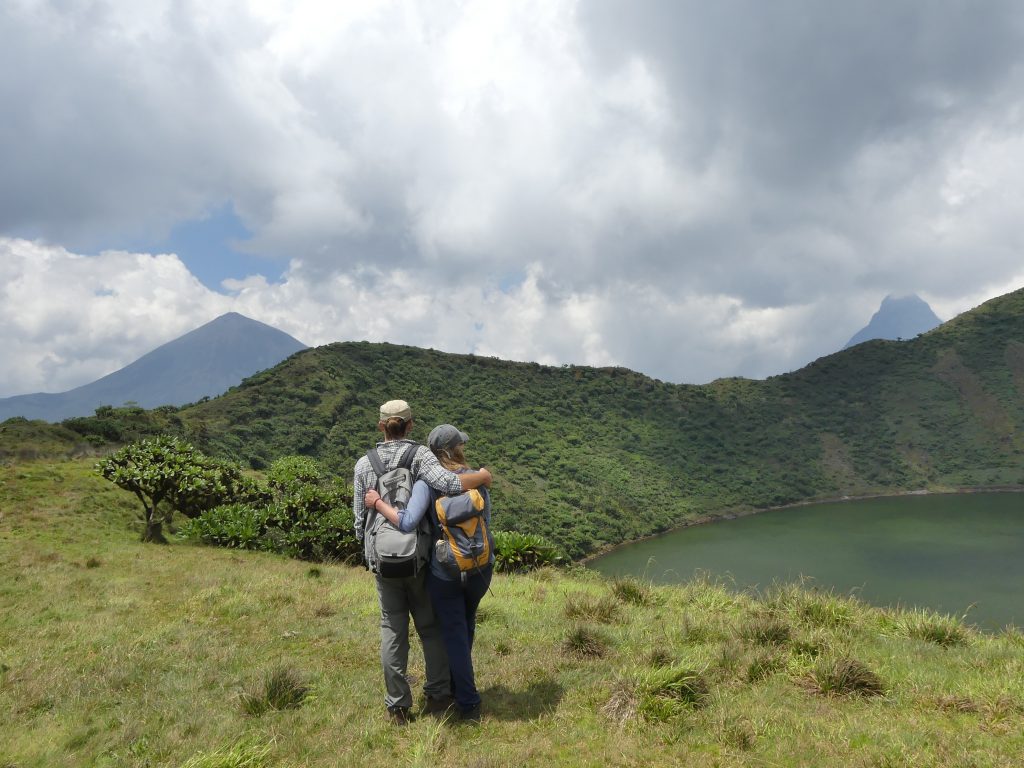A visit to Genocide Memorial in Rwanda is a profoundly moving and emotional experience. The…
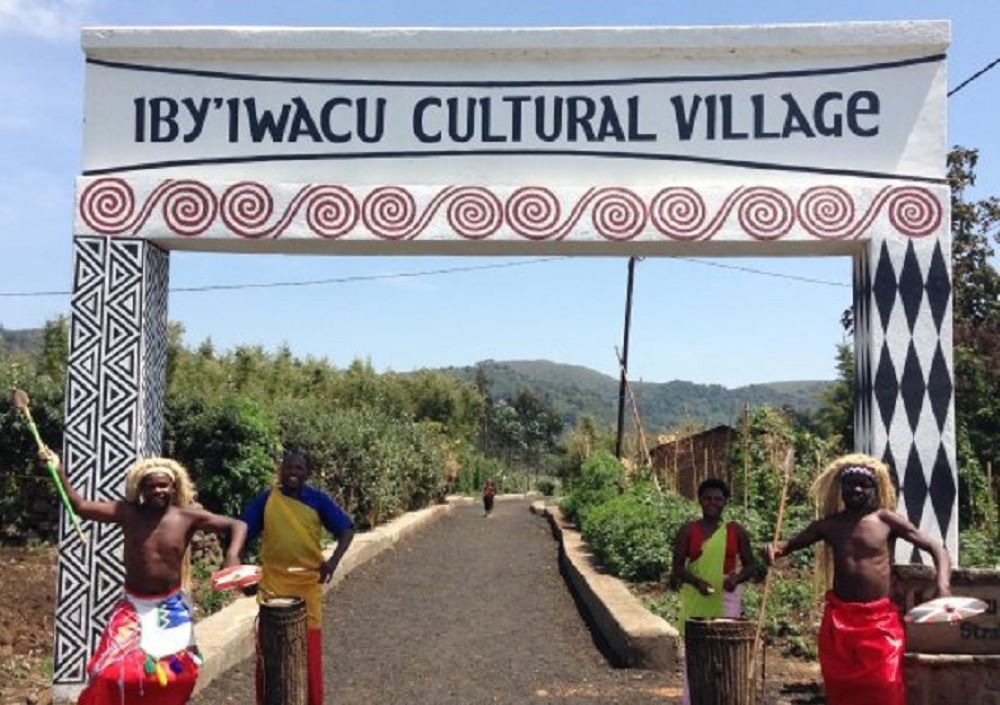
Sustainable tourism in Rwanda
Sustainable tourism in Rwanda
Rwanda, the country of a thousand hills, known for its incredible beauty, diverse wildlife, and warm welcoming people is Located in East Africa . Rwanda is a land-locked country bordering Uganda in the North, Burundi in the South, Tanzania in the East and the Democratic Republic of Congo in the West. Rwanda is known to be a safe heaven for tourists who enjoy the cleanliness, safety and the good organization of the country. Most tourists are coming to Rwanda to see the mountain gorillas, the primates close to human beings, in shape, behavior and living conditions. Research has shown that the gorillas share 98% of their DNA with human beings.
Tourism in Rwanda is not only about the gorillas, Rwanda has more than 15 primate species along with gorillas including golden monkeys, chimpanzees and the colobus monkeys. Rwanda also is home to the big five accommodated in Akagera National Park, as well as 700 bird species including Albertine rift endemic. However, said, the country faced one of the atrocities of the 1994 genocide against the Tutsi whereby 1 million people were killed in no more than one million and leaving the country in ruin.
Despite this, the country tried to recover with a remarkable comeback in the last 2 decades and is now becoming one of the top tourism destinations. As many travelers are interested in visiting Rwanda to learn from its history and the journey to today’s development, it is worth thinking of how sustainable tourism would support the economy of the country, improving the livelihood of the communities and at the same time protecting the environment and the country’s rich biodiversity.
To that end, to support sustainable tourism in Rwanda, the government has put in place a number of measures all intended to minimize negative impact on the environment, support local communities and promote cultural awareness.
When traveling, make sure to adhere to some rules intended to promote sustainable tourism in Rwanda. These include banning the use of plastic bags that endangers biodiversity. When arriving at the border or at the airport, signages are marked in highlights: no use of plastic bags, security at the airport or borders when checking luggage also ensure that no plastic bags are kept inside otherwise tourists will be instructed to throw them into dustbins.
Also to ensure sustainable tourism in Rwanda, national parks, reserves and natural forest are being expanded to ensure the biodiversity is protected and allowed enough space to grow. This is the example of the recent declaration of Mukura and Gishwati natural forests as new national parks, the revamping of the degraded Nyandungu Eco park to a recreational park for the residents of Kigali and visitors as well as the expansion of the Volcanoes National park to offer more space to the endangered gorillas, just to name a few.
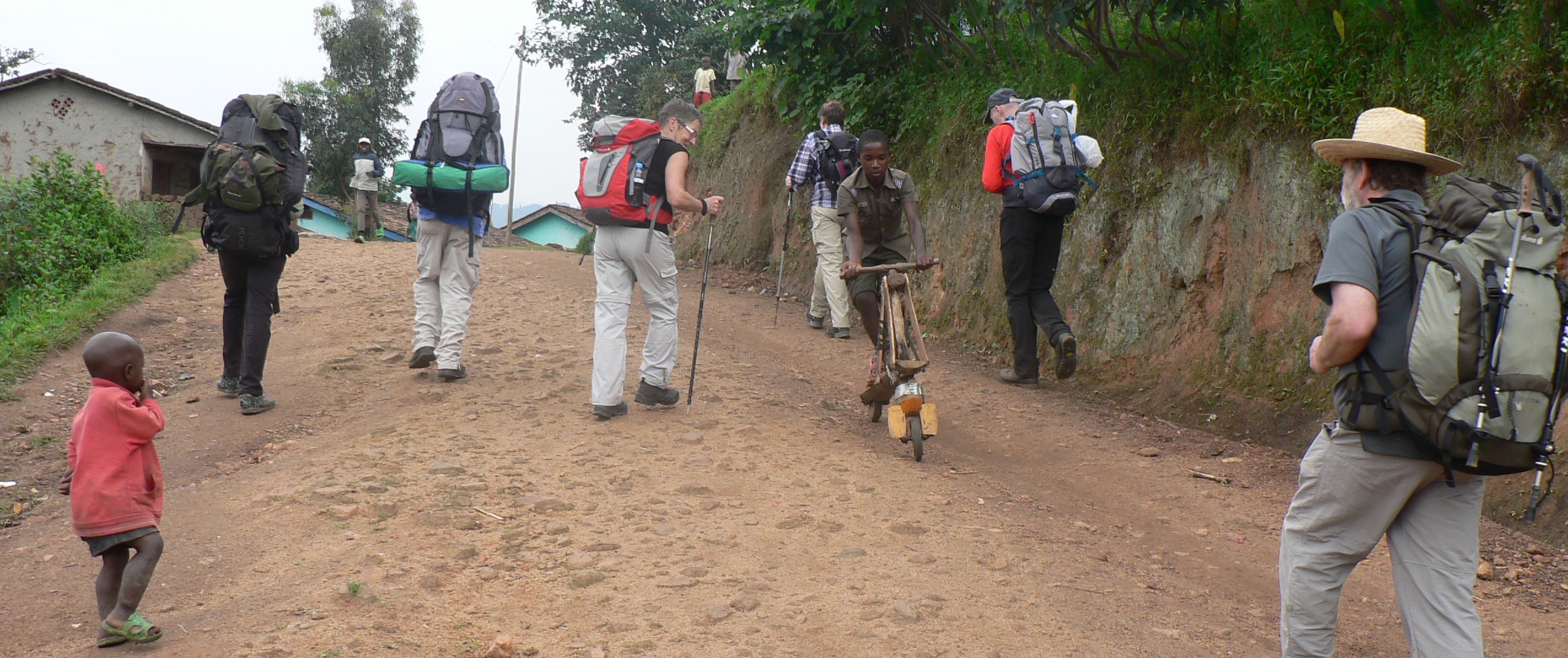
You cannot talk of supporting sustainable tourism in Rwanda, when you don’t talk of supporting local communities. Communities around the volcanoes sometimes rely on the forest as a source of income by way of farming, production of wood and charcoal and sometimes poaching and illegal hunting animals for meat causing the forest and parks degradation and decline in wildlife population.
To counter this challenge, the government of Rwanda introduced the tourism revenue sharing program in 2005 whereby 10 % of the tourism revenues are invested in the communities’ development projects around national parks. These include the construction of schools, hospitals and houses for low income families as well as funding income generating activities among others.
The use of renewable energy sources has been promoted as way of diminishing the carbon emission in big facilities like hotels and lodges in motor vehicles and public roads righting which is also inline with supporting sustainable tourism in Rwanda.
Limiting the number of visitors into the parks per day has been introduced as a way of Supporting sustainable tourism in Rwanda and also preservation of environments and protection of the animals. For instance, the number of permits to see the gorillas is limited to 96 permits per day by allowing no more than 8 people to visit one family of gorillas per day.
By choosing to travel sustainably and supporting the suitability measures to tourism is the only way to ensure protection and preservation of the environment and its habitat. It is also a way of contributing to the welfare of the local communities. To be responsible travelers, tourists are encouraged to adhere to rules in place and support initiatives to support locals. By working with local tour operators, using local guides and porters, buying local products would help in sustaining the families, employing locals would help in balancing between economic benefits and preserving the environment.
If you are traveling to Rwanda and you are interested in being responsible travelers, reach out to Unique Rwanda Vacation Experts for guidance and support. By booking your trip with Unique Rwanda Vacation Experts, a local tour company, would be one of the ways of supporting the locals. Contact us and our experts will be able to advise you when and where to visit, where to sleep and what to do during your stay in Rwanda. Our aim is to offer the best service to our clients and ensure the sustainability of tourism.

